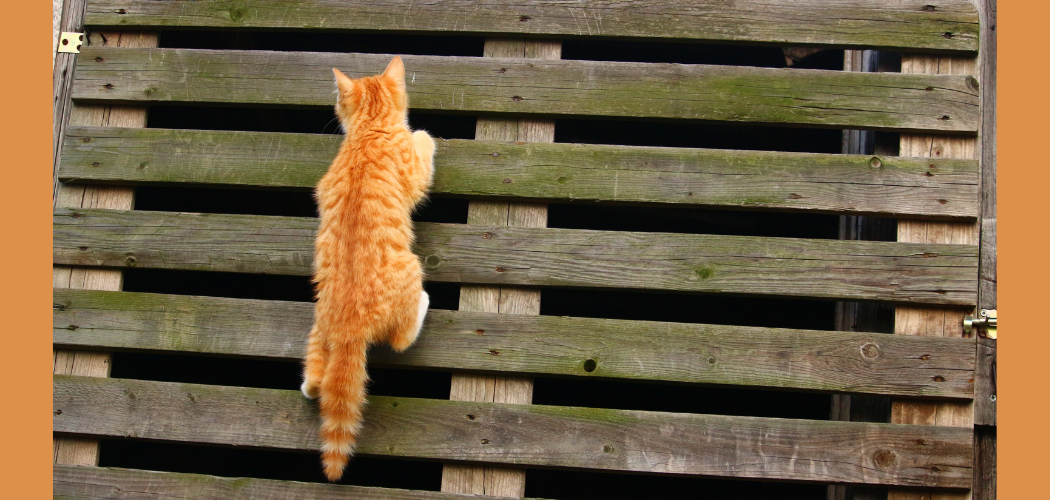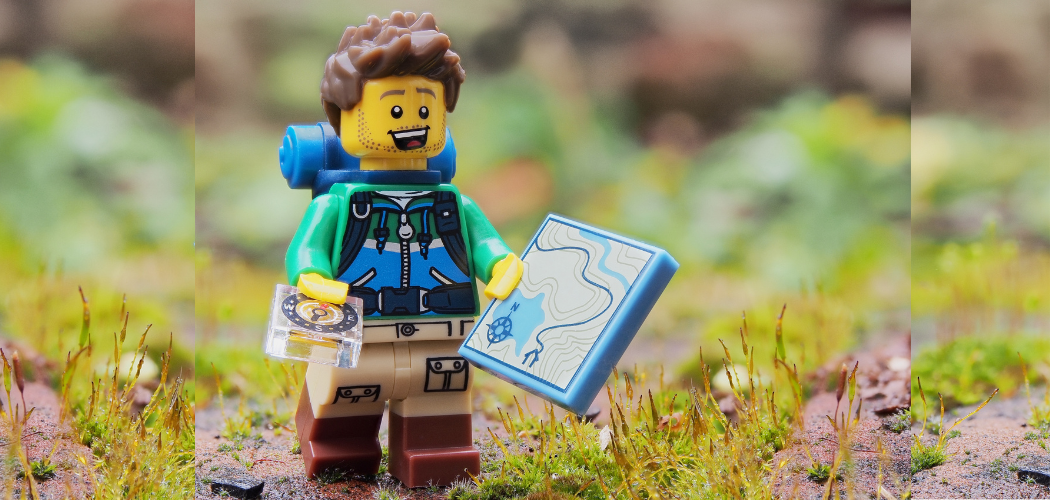Clare Hill and Paul Astles ~ Learning Designers
When you scaffold your learning materials, you build students’ understanding and ability gradually and in a planned way by adjusting the amount of support offered. Researchers have described scaffolding as ‘support from experts enabling learners to accomplish what is beyond their current ability’ (Wood et al. in Doo, Bonk and Heo, 2020) – a simple description that sums up an essential element of educational professionals’ work.
From a practical perspective, scaffolding is the planned use and adjustment of guidance and support to enable students to build knowledge, skills, and independence gradually. A common analogy is that of teaching a child to ride a bike: initially you could give them stabilisers while they learn to pedal and steer; then you could remove the stabilisers but hold the handlebars; and finally, you let them ride a short distance on their own. The same principles can be applied in higher education and developed and implemented through the learning design. Continue reading “Scaffolding learning: What does it mean for students?”




